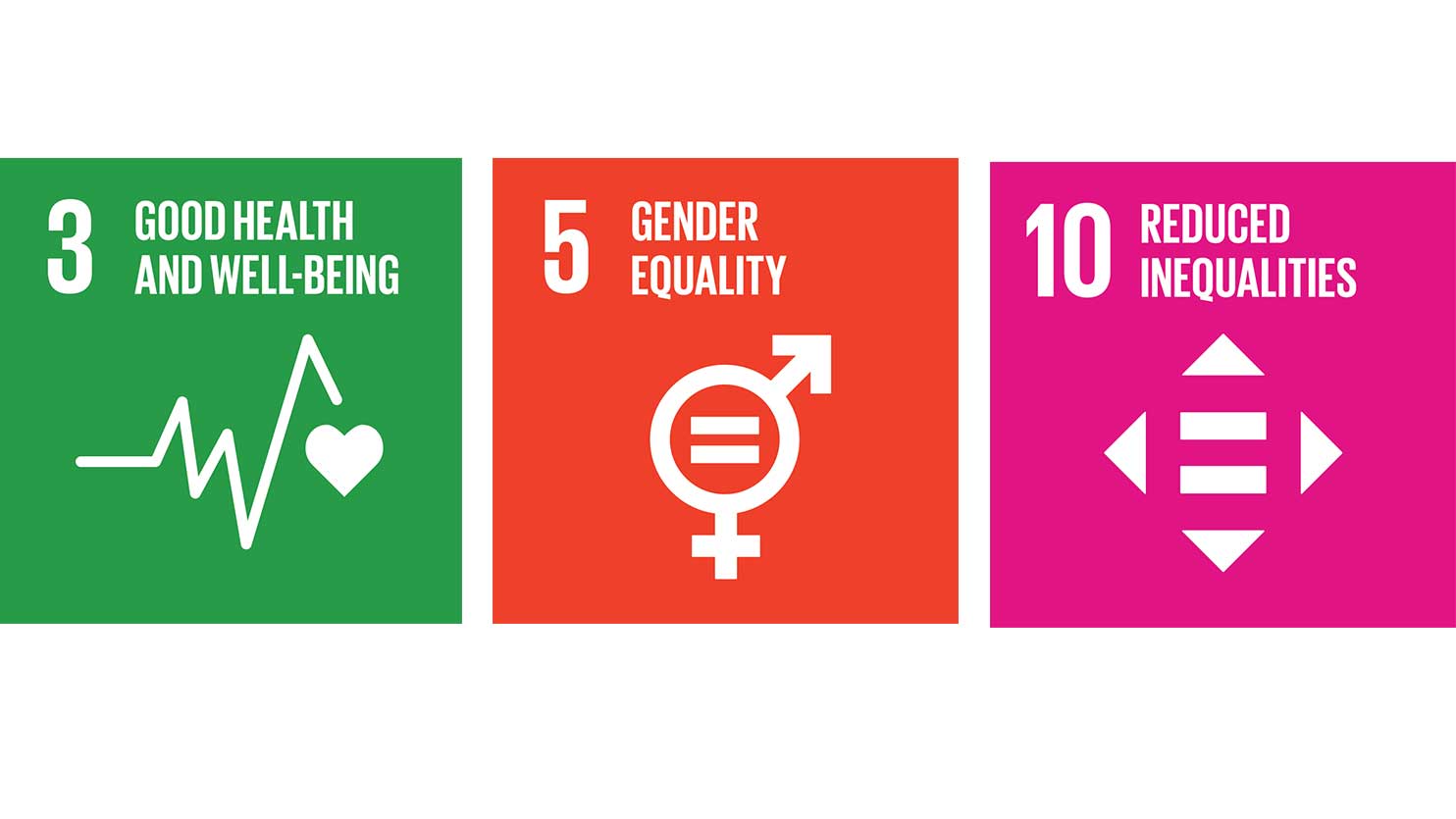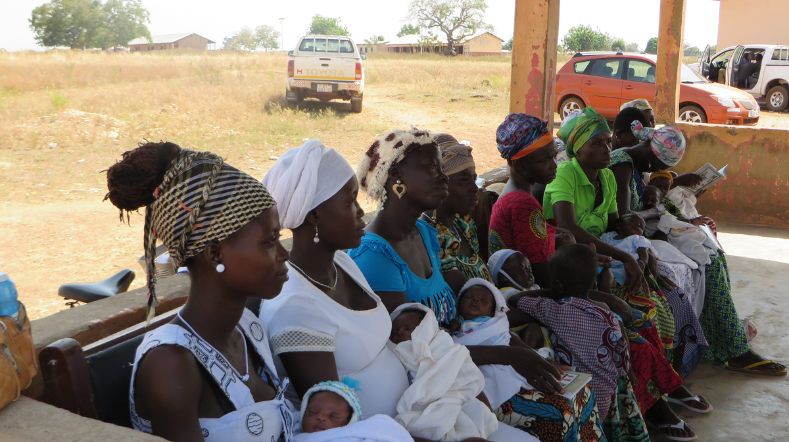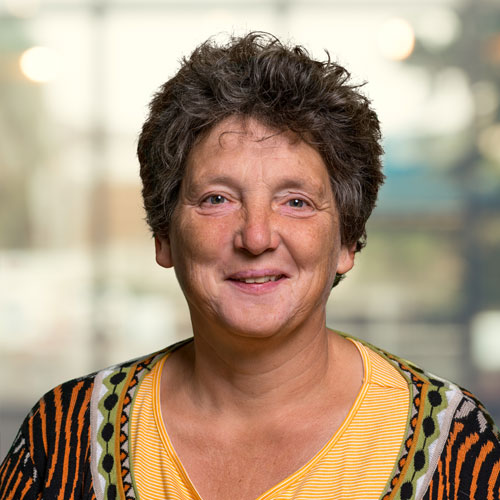Group care for mothers and their partners
Group care for (pregnant) mothers and their partners, is a proven success especially for the most vulnerable women and girls. Within group care, eight to twelve women and their partners meet up during pregnancy or after birth with their baby for all medical and psycho-social care, during the first 1000 days, sharing experiences and learning from each other. In order to implement group care as the standard model of care, TNO and her partners are now developing strategies in seven countries.
Maternal and new born mortality and morbity
Poor quality of maternal and child health services (content and delivery) has been identified as a root factor in avoidable maternal and new-born mortality and morbidity. Poor quality of care is also a major contributing factor to inadequate use of maternity and child health services.
Improvements in clinical-medical services alone have not led to increased uptake of services. Tackling the vicious cycle of poor quality and inadequate use of services is necessary to optimize health services and health outcomes for all women and children during and after pregnancy, especially for vulnerable populations.
Our proven solution: group care
Group care based on the Centering model is a new model of care where (future) parents receive guidance in groups of about eight to twelve women with a baby of about the same age. Apart from individual medical assessments of mother and/or baby, this form allows for group discussion on topics based on the group’s need, experiences and interest.
Evidence shows that women receiving group care have fewer preterm births, better mental health outcomes, fewer low birth weight babies, increased rates of breastfeeding, longer pregnancy spacing and increased satisfaction with care. The evidence of benefits is especially strong for groups of marginalized women in underserved populations.
Approved EU project
Despite many successes, group care has not yet succeeded in penetrating the health care system as a model of standard care. The WHO highlighted group care as a promising model to improve quality of care, noting that further study is essential to identify the best mechanisms to implement the model in ways that are feasible and sustainable.
Recently, the EU approved our large project CG_1000 to implement group care in vulnerable populations in Ghana, South Africa, Suriname, Kosovo, Belgium, United Kingdom and the Netherlands. Implementation sites in these countries represent the wide diversity of contexts found throughout the world in terms of health systems, organization of care, and of end-users.
The main deliverables for the four-year project are:
- Country-specific blueprints for sustainable implementation in the seven target countries
- Implementation strategy Toolbox
- An open access database with anonymized data from the GC_1000 project available to the research community.
With this project we contribute to the SDGs 2 on improved nutrition (sub target 2), SDG 3 on health (sub targets 1 and 2 on maternal and child health), SDG 5 on gender equality (sub targets 1 and 6) and SDG 10 (on reducing inequality within and between countries).
Role TNO
TNO is the coordinator of the project and contributes to all work packages. Researcher Marlies Rijnders : ”TNO has had major impact in the Netherlands with the implementation and development of 'group care for the first 1000 days'. With this new EU project, all our knowledge and expertise can be shared to make this innovative health care model sustainable for the world. That will improve health care for mothers, babies and families. Personally I consider it a huge privilege to be able to work on that.”

Want to be kept informed about our projects?
Subscribe to our Innovation for Development newsletter
Get inspired
I-JGZ


Youth: growing up healthy, safe, and with ample opportunities


WHO launches new package to measure early development of children up to 36 months


Group Care for pregnant women: A game changer for maternal and child care


Transformation, professionalisation and implementation

